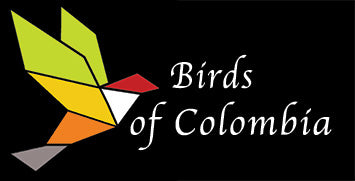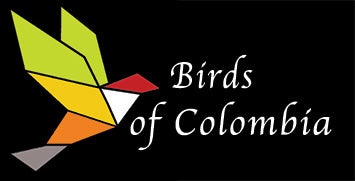Semillero Pardo
Dull-colored Grassquit
Asemospiza obscura
Song
Dull-colored Grassquit
Appearance: The Dull-colored Grassquit is a small bird with a dull brownish-gray plumage, a short tail, and a conical bill. The male has a black throat and chestnut-colored markings on the wings, while the female is more uniformly brown.
Habitat: This species is found in grassy and shrubby habitats, including grasslands, pastures, and agricultural areas, throughout Colombia. They are often seen foraging for seeds and insects on the ground or in low vegetation.
Behavior: Dull-colored Grassquits are found in small groups or pairs and are known for their distinctive buzzing and trilling calls. They are active during the day and are known to perform courtship displays involving aerial acrobatics.
Breeding: The breeding season for Dull-colored Grassquits in Colombia typically occurs from March to June. They build cup-shaped nests made of grass and other plant materials, usually placed in low vegetation. The female lays 2-3 eggs, which are incubated for about two weeks.
Conservation status: The Dull-colored Grassquit in Colombia is currently listed as Least Concern by the IUCN.
Distribution
The Dull-colored Grassquit is found in the northern regions of Colombia, particularly in the Caribbean coast and the Sierra Nevada de Santa Marta. It is also found in parts of the Magdalena Valley , along the rio Cauca, parts of Cauca and Nariño.
Taxonomy
The Dull-colored Grassquit (Asemospiza obscura)
- Kingdom: Animalia
- Phylum: Chordata
- Class: Aves (Birds)
- Order: Passeriformes
- Family: Thraupidae
- Genus: Asemospiza
- Species: Asemospiza obscura
Vocalization
The Dull-colored Grassquit's vocalization is a series of high-pitched, rapid chirps and trills. It is a simple and repetitive song that is often used by males to attract mates and establish territory.





